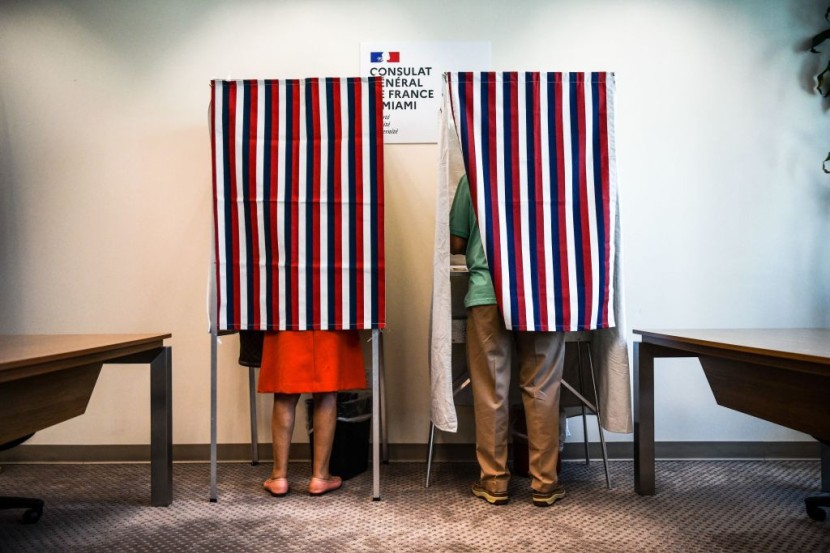
French voters head to the polls on Sunday to choose the next President of France, in one of the momentous elections in the country's history.
This year's presidential election has 12 candidates. The top two candidates will square off in a runoff on April 24 if neither of the candidates earns more than 50% of the vote.
However, a second-round is all but certain; under the existing system, no French presidential hopeful has ever won the first round.
Incumbent French President Emmanuel Macron is attempting to become the first French President to get re-elected since Jacques Chirac in 2002, according to a report from CNN.
Macron's opponents from the political extremes include Marine Le Pen, the long-time standard-bearer for the French far-right; TV commentator and author Eric Zemmour; and leftist firebrand Jean-Luc Melenchon.
Election Forecasts
Most spectators predicted that the election would be a judgment on the development of the French right, however, the crisis in Ukraine has put those forecasts into uncertainty.
Early in his presidency, the President proposed a higher diesel tax, which sparked the yellow vest movement, one of France's longest-running protests in decades.
Marcon's track record during the COVID-19 pandemic, one significant issue of his leadership, is ambiguous. Marcon's flagship policy of forcing individuals to show proof of vaccination before going on their daily lives helped improve vaccination rates, but it also enraged a loud minority opposing his administration.
In terms of campaigning, Marcon has done very little effort and refused to debate his rivals. According to analysts, such a strategy aims to avoid mudslinging to help boost his image as the most presidential among the persons vying for the top position in the French government.
Le Pen, for her part, has run a more mainstream campaign this year compared to her last attempt to win the presidency. While controlling immigration remains her campaign priority, she softened her anti-Islam tone and abandoned her calls for France to leave the European Union -- especially in the wake of Brexit -- to win over voters from outside her base.
Political analysts say Le Pen's focus on the rising cost of living could pay dividends, as the spiking prices of everyday goods and energy are among the main concerns of the electorate.
Tired French Voters
According to analysts, the 12 contenders in the campaign did not have a common vision, adding to a sensation of exhaustion across France's 48 million people. The same sentiment is shared by Jacques Reland, a senior research fellow at the Global Policy Institute.
Reland noted in an Al Jazeera report that most of the candidates in the current election have presented agendas that are "demagogic not quite serious and would, if elected, be a catastrophe for France and Europe.
"They focused their attacks on Macron under the 'anything but Macron' line, rather than a serious vision for France's future," Reland said.
Instead, each candidate announced practical measures that aim to win voters but "there is no vision behind it" which is why the elections are "boring to many".
The expert also noted an observation that there is "a sort of tiredness within the French population."
For Brice Teinturier of polling institute Ipsos voter participation is crucial in the current election since pollsters predict that up to 28% of voters will not vote, a figure not seen in 20 years, with 25-34 year-olds being the least likely to engage. As per BBC report, there are expected "votes Blancs," or ballots that have been left blank as a protest.
Tactical voting could also play a role if voters choose to vote for one of the favorites because they have a better chance of winning.
Read also: Russia-Ukraine War: Volodymyr Zelensky Fires 2 Top Generals, Calls Them 'Antiheroes' and 'Traitors
© 2026 HNGN, All rights reserved. Do not reproduce without permission.







